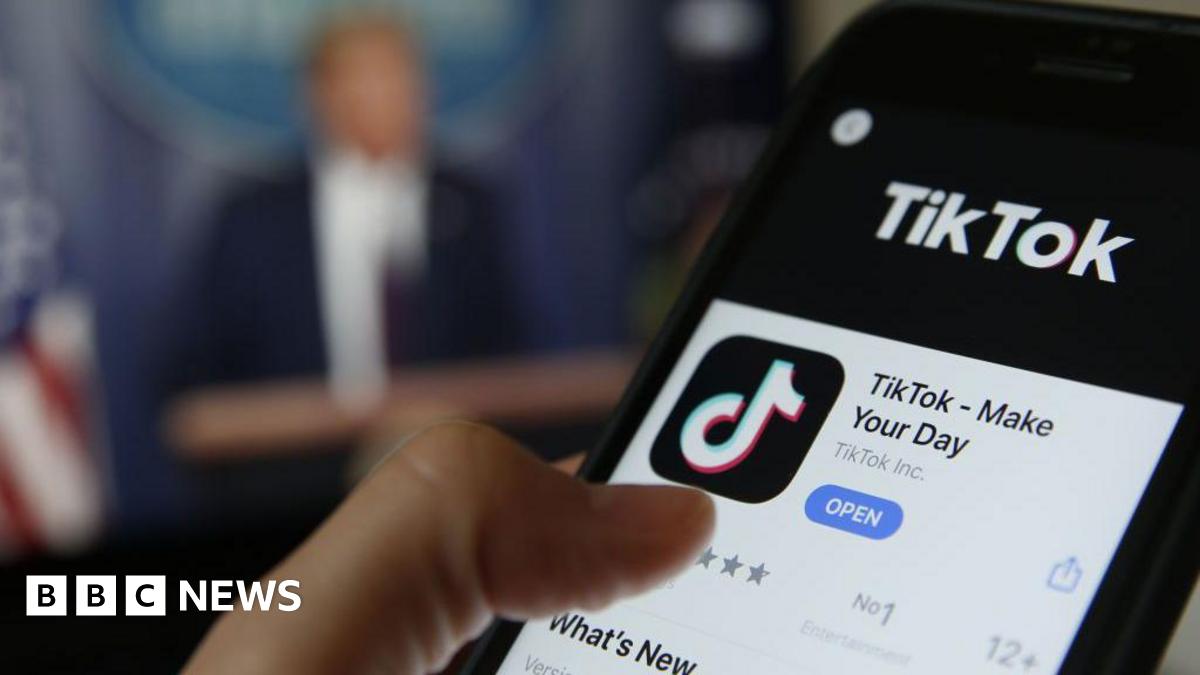Both candidates for president have proposed making tips for services tax-free, meaning that it may be an idea whose time has come. Former President Donald Trump initially made the proposal, and soon after, Vice President Kamala Harris chimed in. The two candidates made their proposals in Nevada, which — in addition to being up for grabs electorally — has the highest percentage of service-related workers in its workforce of any state.
“Not surprisingly, both Trump and Harris announced their proposals in a battleground state with an outsized hospitality and service industry with many tipped workers,” said tax attorney Marc Kushner of MAK Tax Law Group.
Before the two candidates made their proposals, there had been a couple of bills floated in Congress. “Senator Ted Cruz proposed a bill to exempt tip income from income tax, and other bills would exempt tips from both income and payroll tax. But there is a real concern that, depending on how tips are defined, highly compensated employees may try to adjust their compensation to take advantage of it, and of course that’s not who the proposal is meant to benefit,” said Kushner.
MARGARET JOHNSON/MargJohnsonVA – stock.adobe.com
“On its face, this proposal has a lot of appeal, and resonates with many people not just for its perceived fairness in terms of such workers being at the lower end of the income scale and the uncertainty and unsteadiness of such income for these workers,” he said. “It’s also a recognition of the inherent difficulty in tracking tips income — and, in particular, cash tips paid directly by customers, rather than employers, to tipped employees.”
While these proposals are touted as benefiting the millions of restaurant, hospitality, and other service workers whose compensation is comprised substantially of uncertain and unsteady tip income, the biggest beneficiaries of these proposals could largely be the employers of these workers, as well as nontipped, highly compensated employees and their employers, according to Kushner.
“First, a sizable number of tipped workers do not earn sufficient income to be subject to income taxes under current tax law,” he observed. The cash tips received by tipped workers are generally and largely remitted directly by customers to the tipped workers without ever going through the employer’s hands nor ever being reported to the employer by the tipped workers. These cash tips are essentially already de facto ‘exempt’ from income and Social Security taxes.”
For those tipped workers who do in fact report their cash tips to their employers — together with their credit-card tips and other tips funneled through the employer — the employer would no longer have to withhold income and Social Security taxes, nor pay the employer Social Security taxes on such tips, and this tipped income would not be taken into account in determining Social Security eligibility for the tipped worker, Kushner remarked.
“Moreover, whereas there has been a recent movement of some restaurant companies to adopt a fixed compensation model for their servers and eliminate tipping altogether, these proposals if enacted would likely place less emphasis on these efforts, as well as incentivize the hospitality and service industry to lobby Congress and state and municipal legislatures to curb efforts to increase minimum wages for tipped workers,” Kushner added.
“Perhaps most consequentially, depending on how circumscribed this proposal might be worded if enacted, it could incentivize nontipped, highly compensated and hugely creative employees and nonemployee personnel and their companies, funds, and other entities to try and restructure compensation to qualify as tax-exempt ‘tips’ income,” Kushner predicted. “For private equity, venture capital and hedge fund managers, general partners, this could prove to be an even bigger boon than the taxation of ‘carried interest’ income at the reduced long-term capital gains tax rate,” he concluded.
Credit: Source link











